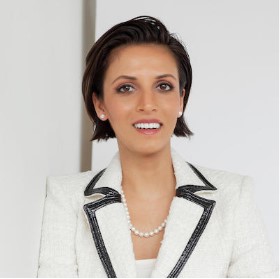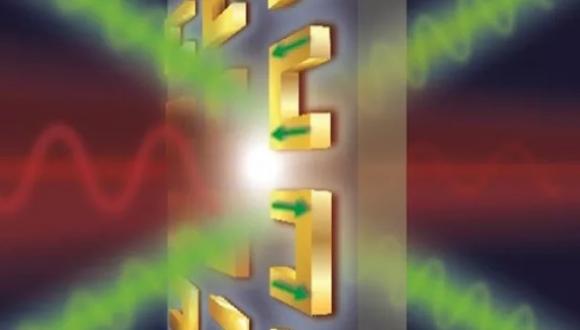סמינר LMI -מרכז אור וחומר מארח את Prof. Prineha Narang
LMI Seminar:
"Ab initio approaches to correlated light-matter interactions“

Prof. Prineha Narang
University of California, Los Angeles
Tuesday April 4th, 2022
13:00-14:00
Light refreshments and drinks will be served at 12:30
Auditorium 011, Engineering Classroom Building, Faculty of Engineering, Tel-Aviv University
Abstract: In this talk, I will present a pedagogical introduction of theoretical and computational approaches to describe excited-states in quantum matter, and predicting emergent states created by external drives. Understanding the role of such light-matter interactions in the regime of correlated electronic systems is of paramount importance to fields of study across condensed matter physics and ultrafast dynamics1. The simultaneous contribution of processes that occur on many time and length-scales have remained elusive for state-of-the-art calculations and model Hamiltonian approaches alike, necessitating the development of new methods in computational physics. I will discuss our latest results at the intersection of ab initio cavity quantum-electrodynamics and electronic structure methods to treat electrons, photons and phonons on the same quantized footing, accessing new observables in strong light-matter coupling. Current approximations in the field almost exclusively focus on electronic excitations, neglecting electron-photon effects, for example, thereby limiting the applicability of conventional methods in the study of polaritonic systems, which requires understanding the coupled dynamics of electronic spins, nuclei, phonons and photons. With our approach we can access correlated electron-photon and photon-phonon dynamics2–7, essential to our latest work on driving quantum systems far out-of-equilibrium to control the coupled electronic and vibrational degrees-of-freedom 8–20. In the second part of my talk, I will demonstrate how the same approach can be generalized in the context of control of molecular quantum matter and quantum transduction. As a first example, I will discuss a cavity-mediated approach to break the inversion symmetry allowing for highly tunable even-order harmonic generation (e.g. second- and fourth-harmonic generation) naturally forbidden in such systems. This relies on a quantized treatment of the coupled light-matter system, similar to the driven case, where the molecular matter is confined within an electromagnetic environment and the incident (pump) field is treated as a quantized field in a coherent state. When the light-molecule system is strongly coupled, it leads to two important features: (i) a controllable strong-coupling-induced symmetry breaking, and (ii) a tunable and highly efficient nonlinear conversion efficiency of the harmonic generation processes 21–23. Both of these have implications for molecular quantum architectures. Being able to control molecules at a quantum level gives us access to degrees of freedom such as the vibrational or rotational degrees to the internal state structure. Finally, I will give an outlook on connecting ideas in cavity control of molecules with quantum information science.


